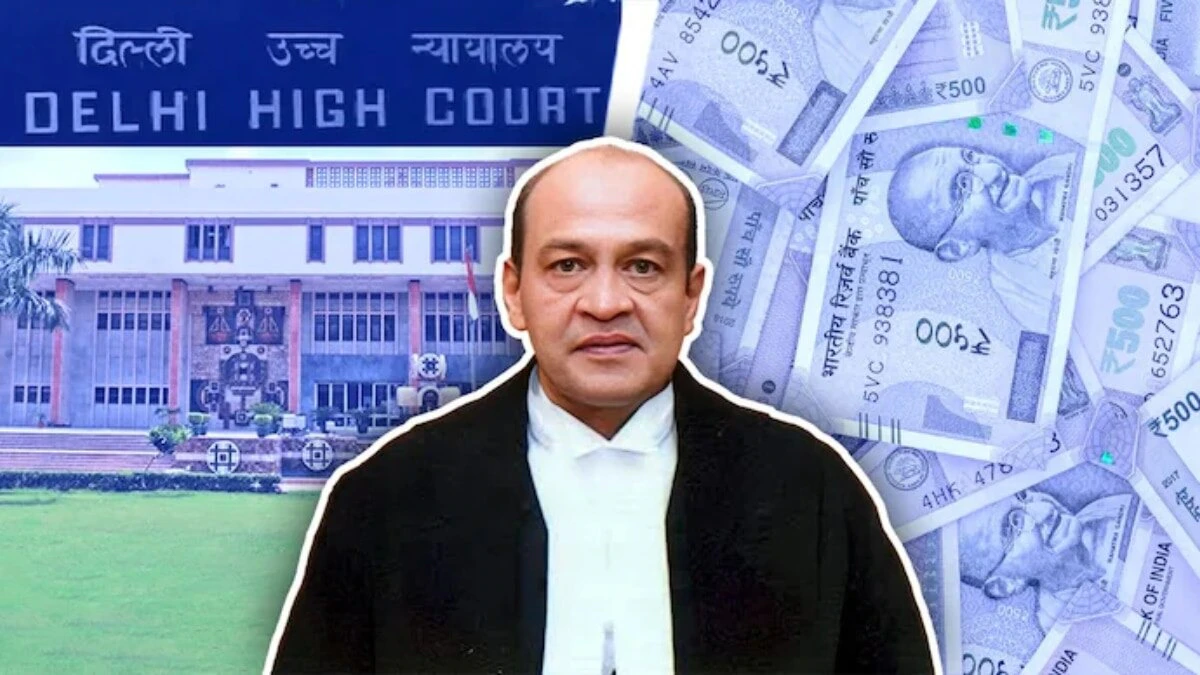In a rare moment of bipartisan consensus, political parties across the spectrum have united to support the impeachment of Justice Yashwant Varma. The development follows the discovery of sacks filled with half-burnt cash at Varma’s Lutyens’ Delhi residence during a fire incident in March. At the time, he was serving as a judge in the Delhi High Court.
Parliamentary Affairs Minister Kiren Rijiju confirmed to news agency PTI that all parties, including the Congress, support the move, stating, “No party can be seen to be standing with or protecting a corrupt judge.” Rijiju called the matter “extremely sensitive and serious,” pointing to the judiciary’s critical role in upholding public trust.
Inquiry Finds Serious Misconduct Despite Denials
An in-house inquiry panel, led by then Chief Justice of India Sanjeev Khanna, found that Justice Varma and his family had either covert or direct control over the storeroom where the burnt currency was discovered. While Justice Varma has denied any wrongdoing, the inquiry’s findings concluded that the misconduct was serious enough to warrant removal.
Varma was subsequently transferred to the Allahabad High Court but was not assigned any judicial responsibilities. The judicial community has since distanced itself from the matter, awaiting Parliament’s action.
The Impeachment Process and Legal Path Ahead
According to Rijiju, the impeachment motion must be signed by at least 100 Lok Sabha MPs and 50 Rajya Sabha MPs. Once submitted, the Chair of the House initiates an enquiry under the Judges Inquiry Act. The process typically involves a three-month investigation and a parliamentary debate based on the inquiry’s findings.
Rijiju emphasized that the motion was not government-driven but a collective effort from Parliamentarians across party lines. “This is not about political rivalry. It’s about preserving the judiciary’s integrity,” he clarified.
Rijiju Rebuts Criticism, Calls for Non-Political Approach
Responding to criticism from former Law Minister Kapil Sibal—who questioned the move and drew comparisons to other controversial judges—Rijiju dismissed the remarks as politically motivated. “We are not working on any lawyer-MP’s agenda. Parliament works in the nation’s interest,” he stated.
Calling Sibal “a very average lawyer,” Rijiju added that Parliament’s decision is based on institutional integrity, not personal bias. He concluded by urging all parties to stay united: “There can be no partisan attitude when it comes to corruption in the judiciary. It should not be made a political issue.”



